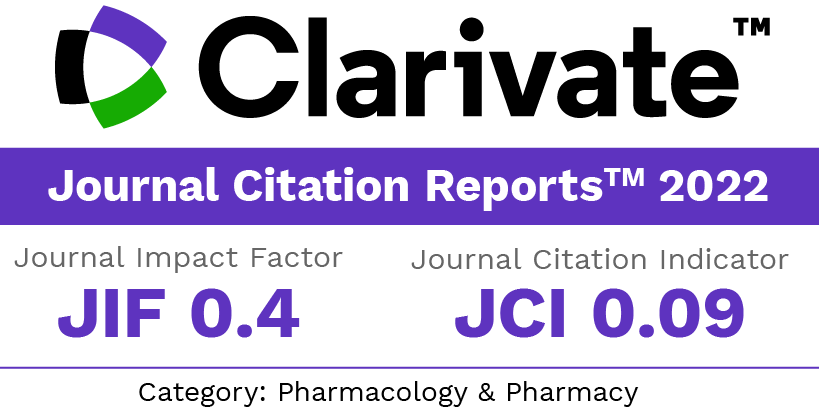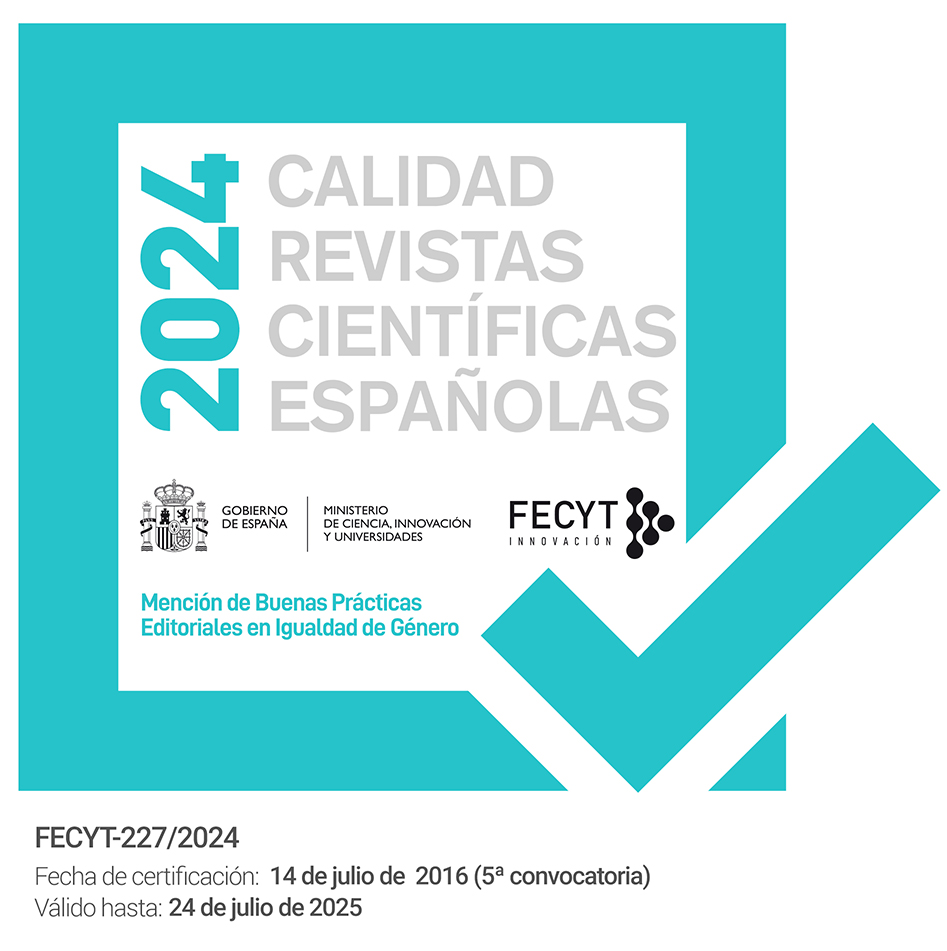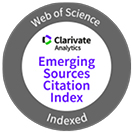The axiological assessment of projects into research ethics committees
Keywords:
knowledge, ethics research, ethics committees, evaluation studiesAbstract
The aim of this paper is to show that the existence of Ethics Research Committees is consistent with thehistorical time in which we reside. The idea of a neutral science dates back to the creation of the RoyalSociety. Putnam and other researchers proposed the term «epistemic values» to the values of science.This axiological transformation has been called in several ways: knowledge mode 2, post-normal science,post-academic science and technoscience. There is no innovation without evaluation, even withoutmultiple previous assessments. The actual existence of the Research Ethics Committees (RECs) is a factconsistent with the historical development of epistemology in the twentieth century. One of the mostimportant functions of RECs, is the axiological evaluation (epistemic values) of research projects.Downloads
References
Echevarria-Ezponda J: Los valores de las ciencias. Investigación y Ciencia (ed. española). 2014; 452: 44-45.
Proctor , R N : Value-free science ? Purity and Power in Modern Knowledge. University Press. 1991. Harvard College. p.7. Disponible en : http://books.google.es/books?id=yoI8zpXx3sYC&pg=PA7&lpg=PA7&dq=%22royalist+compromise%22+royal+society&source=bl&ots=6XDSaueb80&sig=dmSyahBGOcuJ8QaBJ2H4UcI1g3c&hl=es&sa=X&ei=YIDKU_XRAaOh0QXdoIHAAg&ved=0CCgQ6AEwAQ#v=onepage&q=%22royalist%20compromise%22%20royal%20society&f=false
Artigas, M: Lógica y ética en Karl Popper. EUNSA. Pamplona. 1998.
Defez i Martín , A : Pensamiento y lenguaje en el primer Wittgenstein. AGORA. Papeles de Filosofía. 2000; 19/1 : 153-167. Disponible en : https://dspace.usc.es/bitstream/10347/1156/1/pg_155-170_agora19-1.pdf
Putnam, H: The collapse of the fact/value dichotomy and other essays. Cambridge, MA: Harvard University Press. 2002.
http://es.wikipedia.org/wiki/Ethos. Visitado el 31 de Diciembre de 2014.
Ziman, J: Real Science: what it is, and what it means. Cambridge: Cambridge University Press. 2000.
Echeverría , J : La Revolución Tecnocientífica. CONfines. 2005 ; 1/2 : 9- 15. Disponible en : http://confines.mty.itesm.mx/articulos2/EcheverriaJ.pdf?origin=publication_detail
Ferrater Mora, J: Diccionario de Filosofía Abreviado. Edhasa. Barcelona. 2008; p: 364-366.
Jiménez-Buedo ,Mª , Ramos-Vielba, I: ¿Más allá de la ciencia académica?: modo 2, ciencia posnormal y ciencia posacadémica. Arbor. 2009; 185: 721-737. Disponible en: http://arbor.revistas.csic.es/index.php/arbor/article/viewArticle/326
Echevarria-Ezponda J: Evaluar las innovaciones y su difusión social. ISEGORÍA. 2013; 48:173-184. Disponible en : http://isegoria.revistas.csic.es/index.php/isegoria/article/viewArticle/816
Schumpeter, J: Business Cycles, New York, McGraw Hill. 1939.
Pielke , R Jr : In Retrospect : Science – The endless frontier. Nature 2010 : 922-923. Accesible en : http://www.nature.com/nature/journal/v466/n7309/full/466922a.html
Riba, N , Peñataro, JS : La labor de los comités de ética de investigación en los ensayos clínicos. Lo que es y lo que debería ser. En : Dal-Ré, R, Carné, X, y Gracia, D: Luces y sombras en la investigación clínica. Ed. Triacastela. 2013. p.114-126.
Simón P: Diez mitos en torno al consentimiento informado. An. Sist. Sanit. Navar. 2006; 29 : 29-40. Disponible en : http://scielo.isciii.es/pdf/asisna/v29s3/original3.pdf
Barrio-Cantalejo, M, Simón-Lorda, P : Problemas éticos de la investigación cualitativa. Med. Clin (Barc.). 2006; 126 : 418-423.
González-García L, Gómez-González C, Chemello C, Cubiles-de la Vega Mª D, Santos-Lozano J M, Ortega-Calvo M : Triangulación de un estudio cualitativo mediante regresión logística. Index Enferm . 2014; 23: 80-84. Disponible en: http://dx.doi.org/10.4321/S1132-12962014000100017.
Gálvez Múgica MA, Pablo López de Abechuco I : El proceso de evaluación de un ensayo clínico desde la perspectiva de un comité ético de investigación clínica. Rev Clin Esp. 2007; 207 :29–33.
Redondo-Capafons S, Salort-Llorca C, Pla-Poblador R, Quintana S: Ensayos clínicos. Valoración del tipo de aclaraciones solicitadas y homogeneidad en la revisión por los comités éticos de investigación clínica. Med Clin (Barc). 2009; 133: 23-5.
Altisent R, Delgado-Marroquín MT, Martín-Espildora N : Toward a model that encourages the recruitment of ethics consultants with clinical experience. Am J Bioeth. 2014; 14: 28-30.
Baños JE, Lucena MI, Serés E, Bosch F: Reflections on running training workshops for research ethics committee members in Spain between 2001 and 2008. Croat Med J. 2010 ;51:552-9. Disponible en: http://www.cmj.hr/2010/51/6/21162168.htm
Musoles, S: Protección de las ideas y de los resultados de investigación. Med Clin (Barc). 2012;139:688–693.
Pich J, Carné X, Arnaiz JA, Gómez B, Trilla A, Rodés J : Role of a research ethics committee in follow-up and publication of results. Lancet. 2003 ; 361 :1015-6.
Schroter S, Plowman R, Hutchings A, Gonzalez A: Reporting ethics committee approval and patient consent by study design in five general medical journals. J Med Ethics. 2006 ; 32 :718-23. Disponible en : http://www.ncbi.nlm.nih.gov/pmc/articles/PMC2563342/
Redondo Capafons S, Arcenillas P, Giménez N, March López P, Soriano L, Pla R, Quintana S : Impacto de la crisis económica en la actividad de un comité ético de investigación clínica. Farm Hosp. 2014 ; 38 : 454-60. Disponible en : http://www.grupoaulamedica.com/fh/pdf/7522.pdf
Echevarría, J : Tecnociencia , tecnoética y tecnoaxiología. Revista Colombiana de Bioética. 2010; 5 : 142 – 152. Disponible en : http://www.bioeticaunbosque.edu.co/publicaciones/Revista/pdf_revistacolbio/revcolbio5_1.pdf#page=143
Bosch, F, Baños, JE: Tendiendo puentes: la utilidad de la historia de la ciencia para comprender el proceso de investigación y desarrollo de medicamentos. Educ Med. 2010; 13: 255-262.
Allen , PM , Varga , L : Complexity: The Co-evolution of Epistemology,
Axiology and Ontology. Nonlinear Dynamics, Psychology, and Life Science. 2007, 11. 19-50. Disponible en : Ortega Calvo M, Román Torres P, Lapetra Peralta J: La epistemología como propedéutica de la investigación sanitaria. Gac Sanit.2011; 25:79-83. Disponible en : http://scielo.isciii.es/pdf/gs/v25n1/especial.pdf
Balazs , Z : The instantation of values. SpringerPlus 2013, 2:166. Disponible en : http://link.springer.com/article/10.1186/2193-1801-2-166/fulltext.html
Downloads
Published
How to Cite
Issue
Section
License
The articles, which are published in this journal, are subject to the following terms in relation to the rights of patrimonial or exploitation:
- The authors will keep their copyright and guarantee to the journal the right of first publication of their work, which will be distributed with a Creative Commons BY-NC-SA 4.0 license that allows third parties to reuse the work whenever its author, quote the original source and do not make commercial use of it.
b. The authors may adopt other non-exclusive licensing agreements for the distribution of the published version of the work (e.g., deposit it in an institutional telematic file or publish it in a monographic volume) provided that the original source of its publication is indicated.
c. Authors are allowed and advised to disseminate their work through the Internet (e.g. in institutional repositories or on their website) before and during the submission process, which can produce interesting exchanges and increase citations of the published work. (See The effect of open access).



















